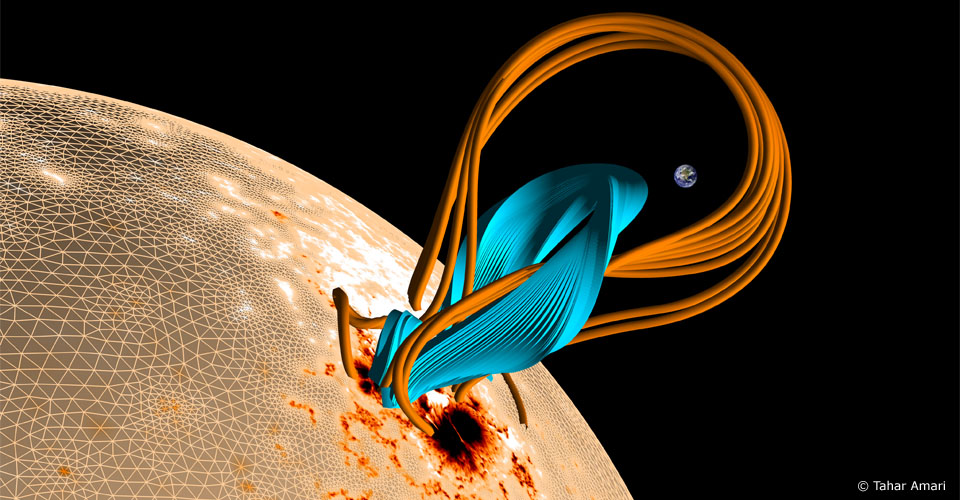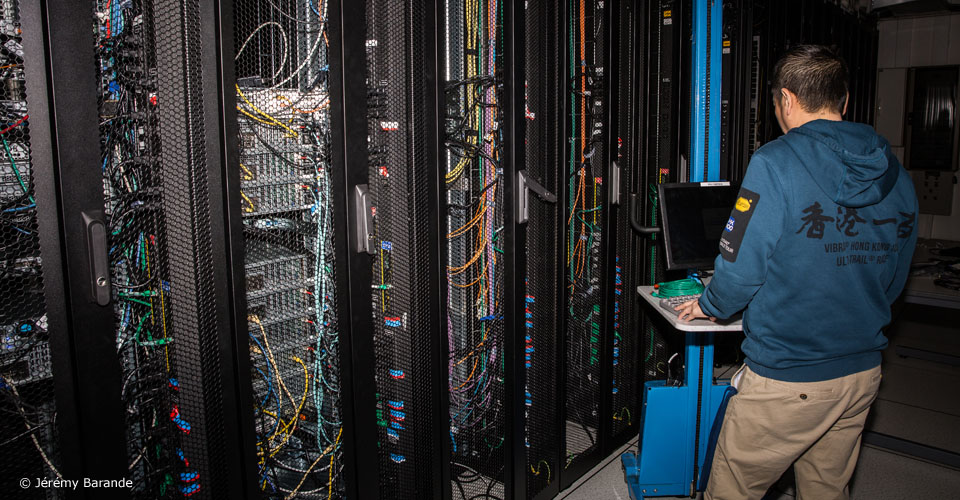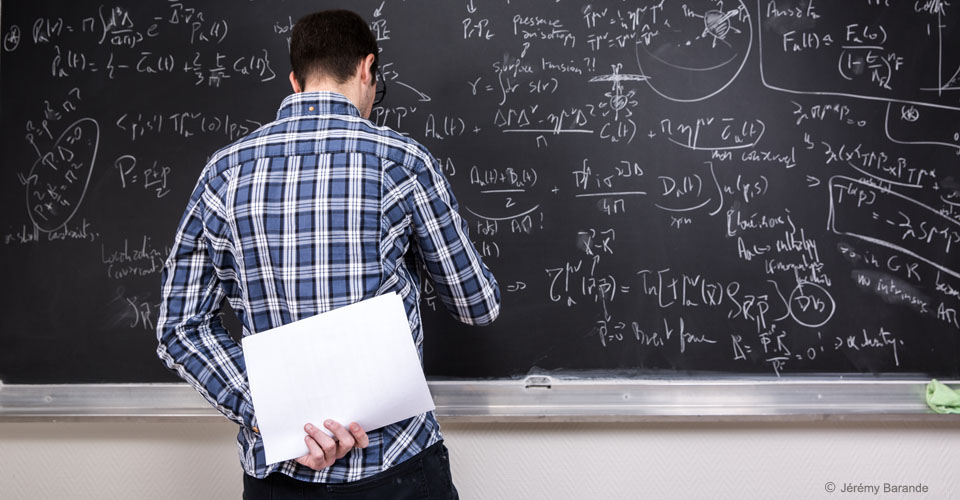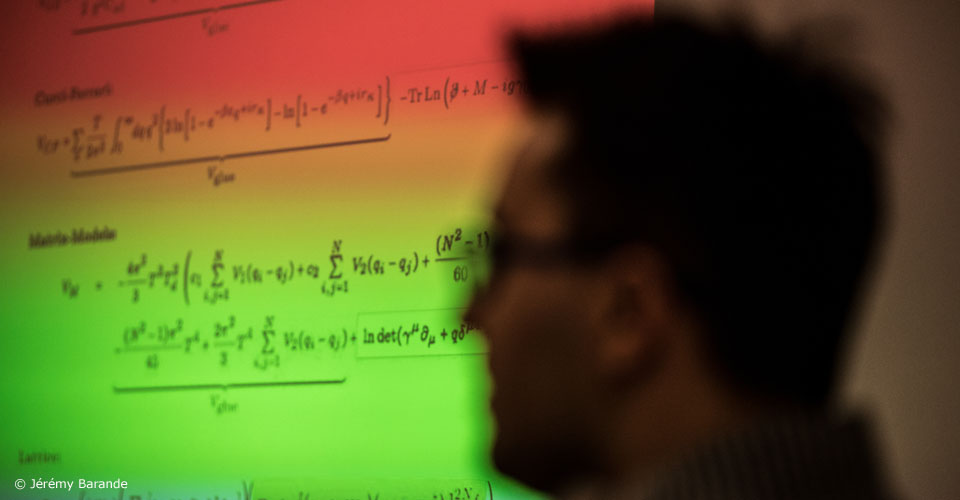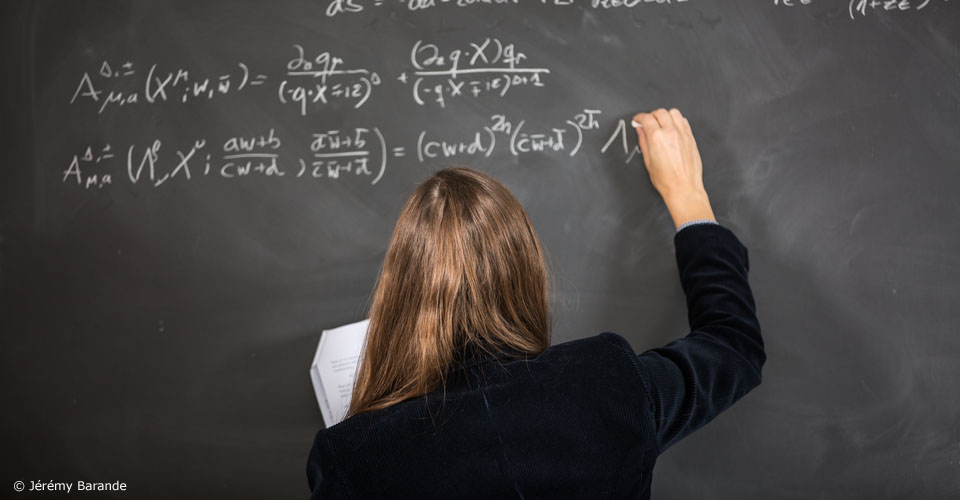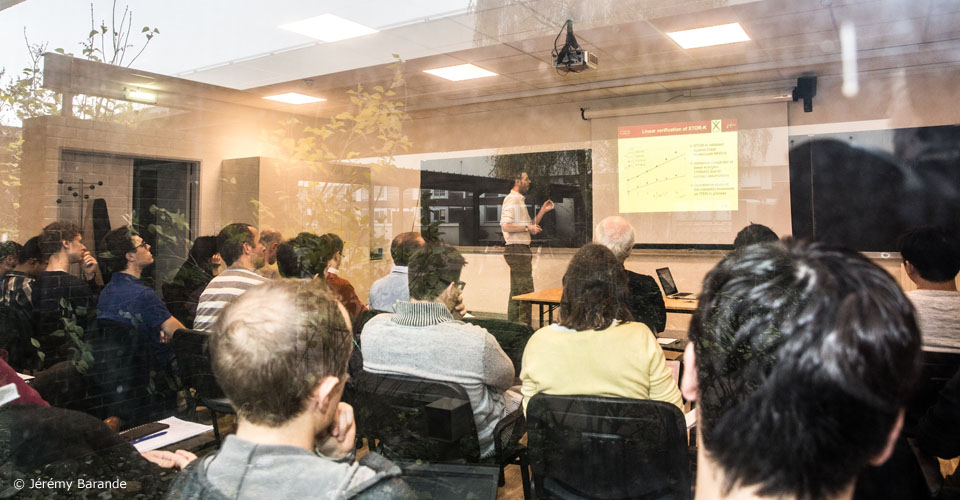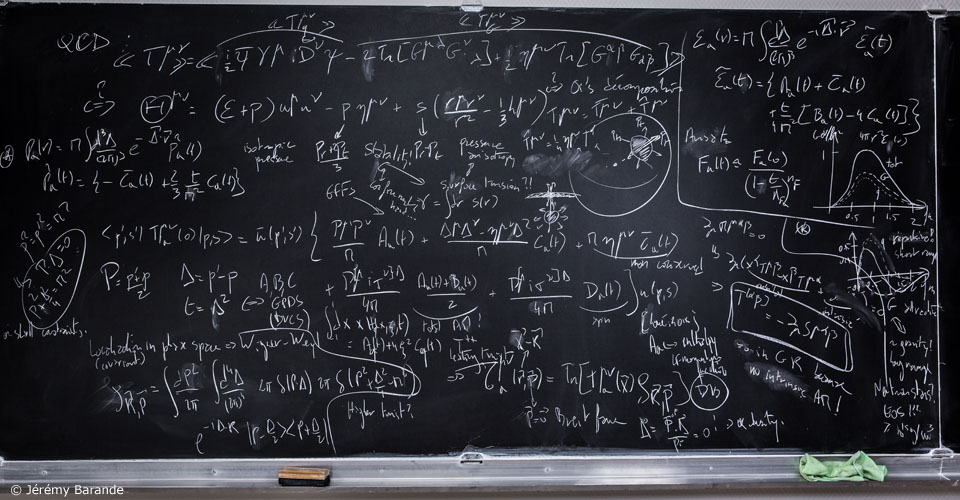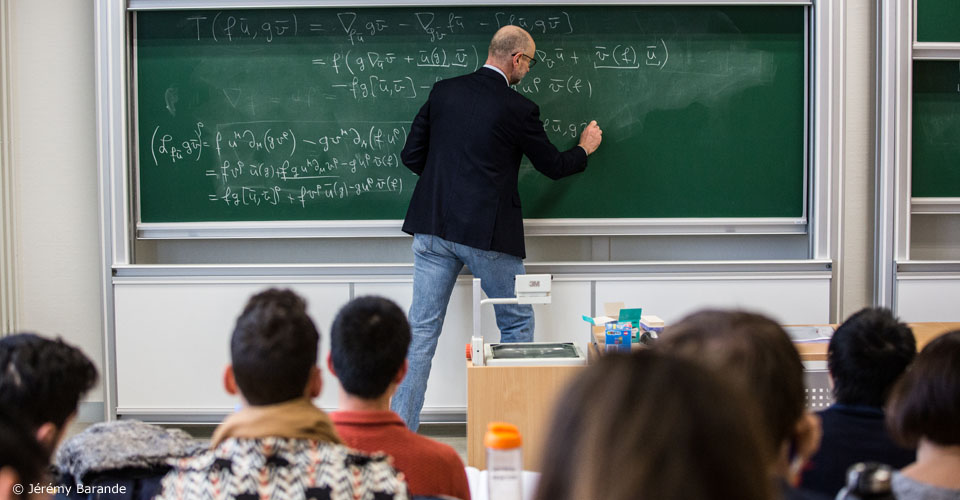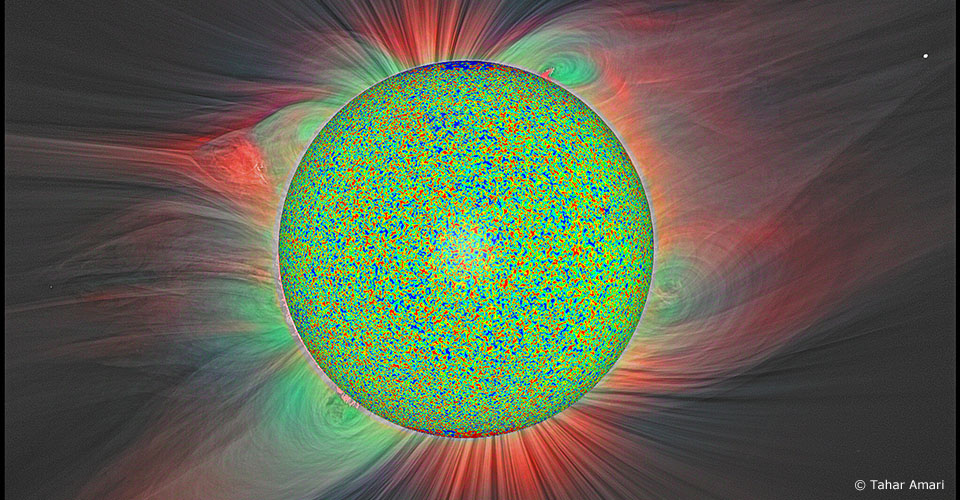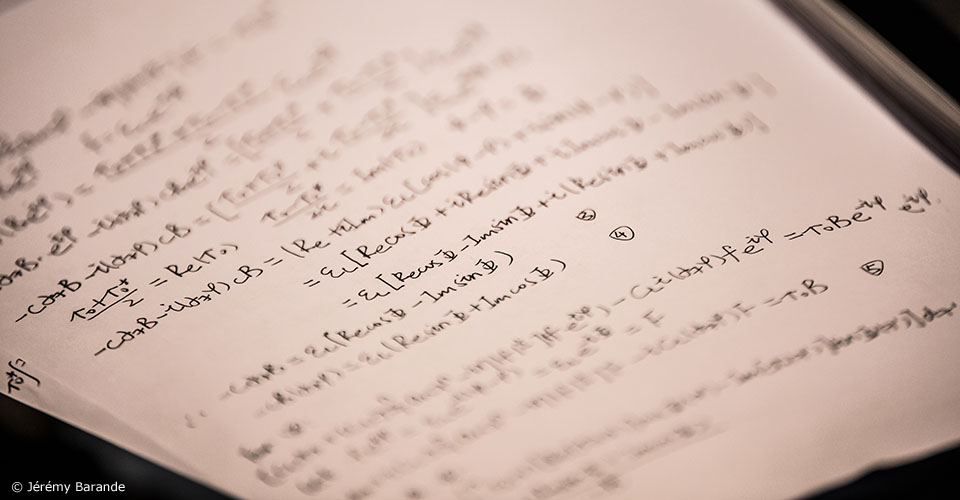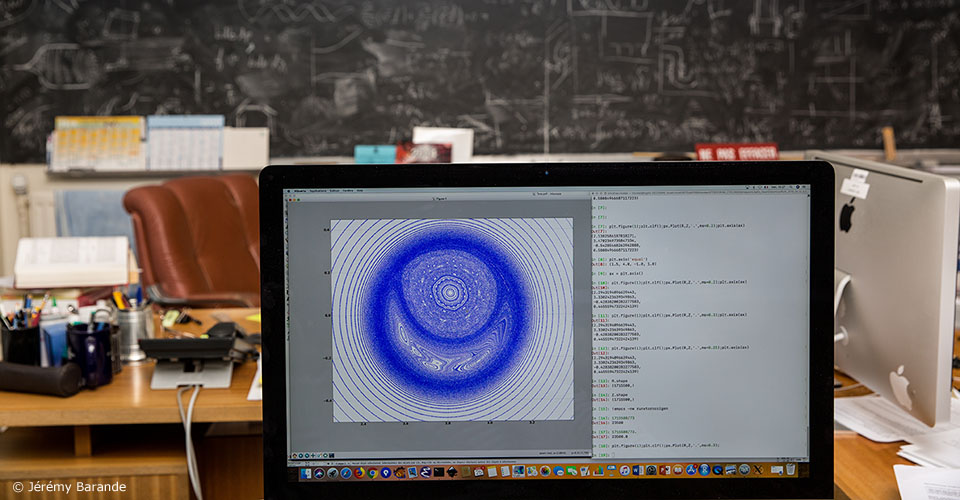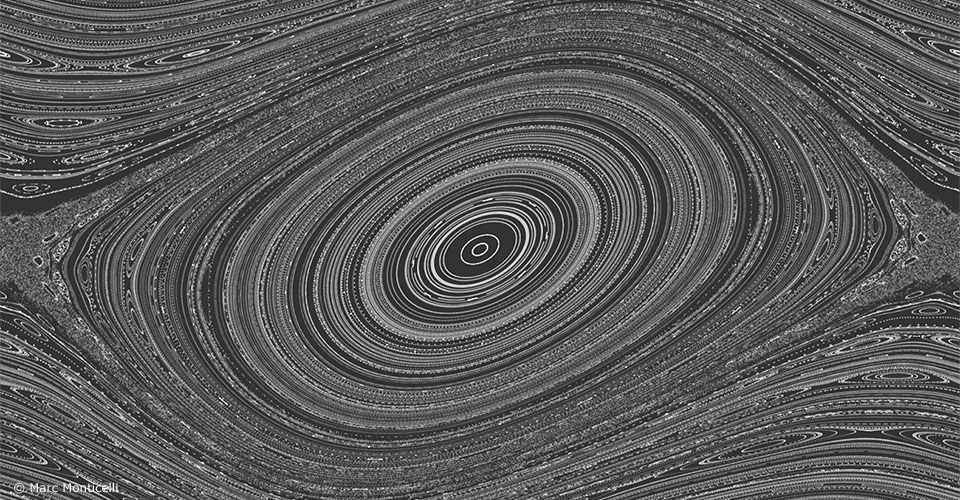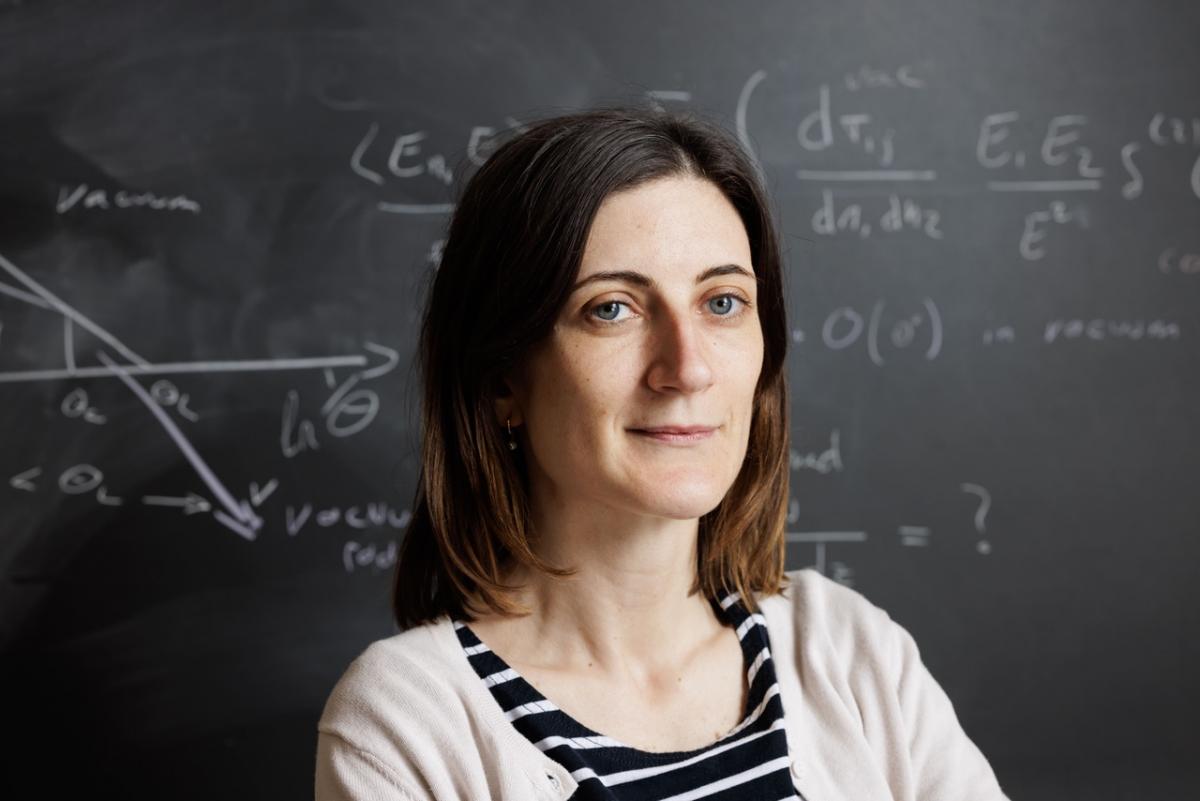Soutenance de thèse de Frederick del Pozo
Frederick del Pozo soutiendra publiquement ses travaux de thèse le 5 décembre 2024 à 10h00 à l'Ecole polytechnique, amphi Gregory
Titre : Topological superconductivity in the presence of light-matter coupling and Coulomb interactions
Directeur de thèse : Karyn Le Hur
Avis de soutenance
Symposium avec les membres du jury
Le 5 décembre à 14h00 à l'Ecole Polytechnique, Amphi Gregory
Organized by Karyn Le Hur, CPHT Ecole Polytechnique and CNRS
Chair: Olesia Dmytruk, CPHT Ecole Polytechnique and CNRS
“Neural networks for quantum many-body problems”
Annabelle Bohrdt, 14h00 – 14h30, University of Regensburg
"Hall response in bosonic and fermionic interacting ladders"
Roberta Citro, 14h30 – 15h00, University of Salerno
“How to recognize the anyons of the quantum Hall effect from a local measurement”
Leonardo Mazza, 15h00 – 15h30, LPTMS and University Paris-Saclay
Coffee, 15h30 – 16h00
"Connection between Quasicrystals and Quantum Hall problems"
Anuradha Jagannathan, LPS Orsay and University Paris-Saclay, 16h00 – 16h30
"Commensurate-incommensurate transitions in SU(N) AKLT chains"
Loic Herviou, CNRS and LPMMC Grenoble, 16h30-17h00
"Topological defects in spin-orbit coupling"
Andrej Mesaros, LPS Orsay and CNRS, 17h00-17h30

